Recently, at the discussion session on the socio-economic situation, the XV National Assembly delegates heatedly debated the request for the Ministry of Education and Training to implement Resolution No. 88 of the National Assembly and organize the compilation of a set of textbooks for the Ministry.
I was quite surprised by this debate with two main trends: for and against. I do not think this issue is hotly debated because education is the top national policy.
In my opinion, the reason many delegates do not understand the request to create a set of "State" textbooks is because they think that it lacks legal, scientific , and practical bases, and can easily lead to the consequence of pushing back socialization, contrary to the policies of the Party and State.
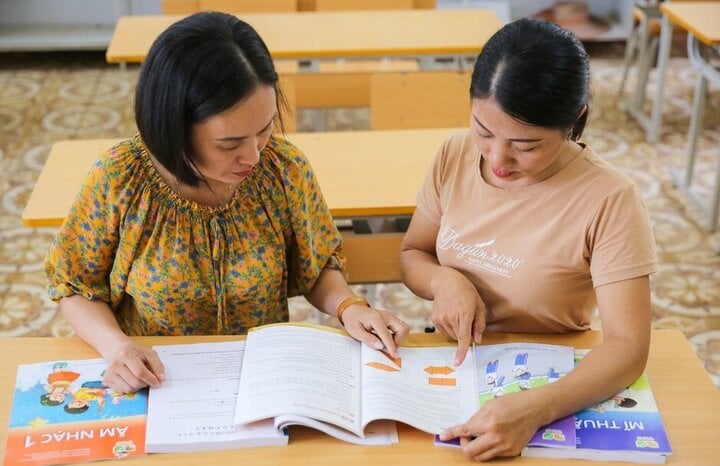
Teachers choose textbooks. (Illustration: BNA)
The latest point of Resolution 88 on textbooks is: “Implementing socialization of textbook compilation. There are a number of textbooks for each subject.” However, because this is the first time implementing socialization, the readiness and capacity of organizations and individuals to participate in textbook compilation has not been foreseen.
However, the past 4 years of implementing the new general education program have shown that the socialization policy has been well implemented. Therefore, in 2020, the National Assembly issued Resolution 122/2020 stipulating: "When compiling textbooks using the socialization method, if each specific subject has completed at least one textbook that has been appraised and approved according to the provisions of the Law on Education, then the compilation of textbooks using the state budget for that subject will not be implemented".
In addition, I have the same question as some National Assembly delegates about the fact that, although on August 11, the National Assembly Office requested the Ministry of Education and Training to compile a set of textbooks, it was not until August 23, 12 days later, that the Office sent an official dispatch requesting a report with additional information. Specifically, information on textbook policies of some countries in Europe, Southeast Asia, China and the United States; The percentage of countries in Europe and Southeast Asia where the State does not preside over the compilation and copyright of textbooks; The number of countries in the world where the State only issues programs and considers textbooks as learning materials...
It is unclear why it took 12 days after signing the Monitoring Report for the National Assembly Office to ask the Ministry of Education and Training for such important information.
I think that the requirement of a set of “standard textbooks” is a very old concept, not in line with Resolution 88. According to the spirit of Resolution 88, even if the Ministry of Education and Training compiles a set of textbooks “of the Ministry”, it will still be “equally assessed and approved with textbooks compiled by organizations and individuals”. The Resolution does not use the concept of “standard textbooks”.
Education experts also believe that in developed countries, people only mention “standard programs” and “program standards”, but there is no such thing as “standard textbooks”. In these countries, anyone can compile textbooks and those books can be taught in schools, if they are suitable for the program or program standards and are selected by teachers.
If we say that the Ministry of Education and Training does not compile the "State's" textbooks, it means that the State management is lax, then the Ministry of Agriculture and Rural Development does not produce "the Ministry's" rice, the Ministry of Health does not organize the production of "the Ministry's" medicine, etc., is it also lax in State management in these areas?
To defend the proposal to have the Ministry of Education and Training compile a set of textbooks, some people argued that there must be a set of "State" textbooks in order to manage textbook prices.
I would like to quote the words of National Assembly delegate Truong Trong Nghia in debating this issue: “If there is a problem with price, then fix this problem. We can subsidize or mobilize to lend textbooks, support policy subjects in remote and isolated areas. Instead of replacing them by “giving birth” to a set of State textbooks, how can we solve the problem! If we cannot solve the problem, then what?”.
Along with that, according to regulations, textbooks are a commodity that must have their prices declared. Enterprises are only allowed to list the price of books after the Ministry of Finance has reviewed the price list, not the state management agency so that enterprises can arbitrarily set the price.
Implementing Resolution 88 of the National Assembly, up to now, 6 publishing houses and many book companies have organized the compilation, publication and distribution of textbooks for all subjects. Up to this point, we have implemented innovation to the last grades of all three levels of education, the situation is going smoothly, according to the roadmap set by the National Assembly.
Of course, in the implementation process, there are still limitations that need to be overcome, such as some localities having a shortage of teachers, lack of facilities, negative situations in choosing textbooks, confusion in implementing some integrated subjects, and some textbooks still having "errors",... but adding a set of State textbooks cannot solve these limitations.
Not only that, it can lead to the risk of pushing back socialization, while wasting the state budget and funds invested by organizations and individuals, and distracting the focus of the education sector from solving much more urgent problems.
Dr. To Van Truong (Expert)
Source





![[Photo] Parade to celebrate the 50th anniversary of Laos' National Day](/_next/image?url=https%3A%2F%2Fvphoto.vietnam.vn%2Fthumb%2F1200x675%2Fvietnam%2Fresource%2FIMAGE%2F2025%2F12%2F02%2F1764691918289_ndo_br_0-jpg.webp&w=3840&q=75)




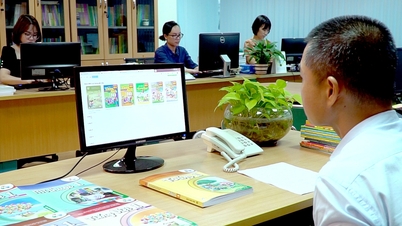


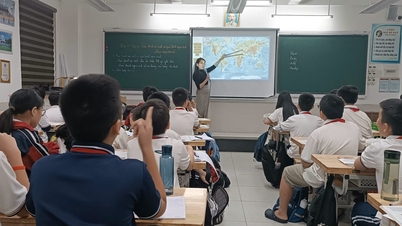

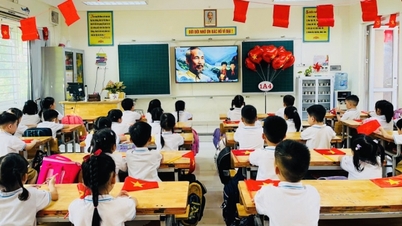





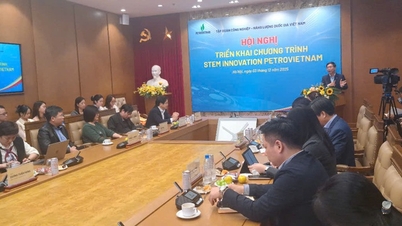



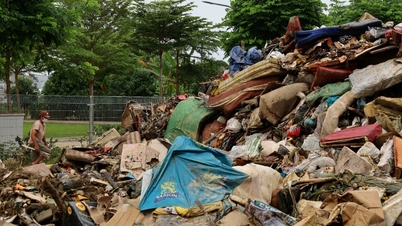







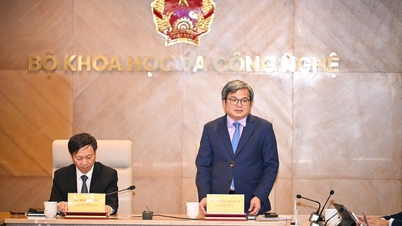




![[Photo] Worshiping the Tuyet Son statue - a nearly 400-year-old treasure at Keo Pagoda](/_next/image?url=https%3A%2F%2Fvphoto.vietnam.vn%2Fthumb%2F1200x675%2Fvietnam%2Fresource%2FIMAGE%2F2025%2F12%2F02%2F1764679323086_ndo_br_tempimageomw0hi-4884-jpg.webp&w=3840&q=75)









































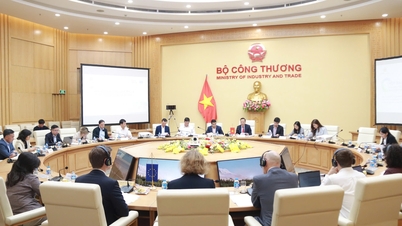

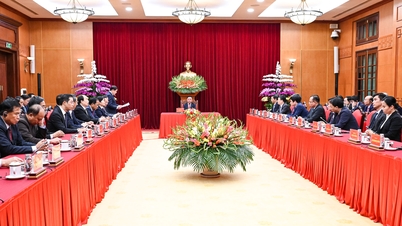

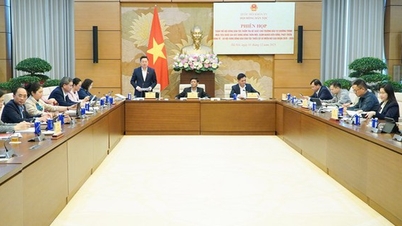









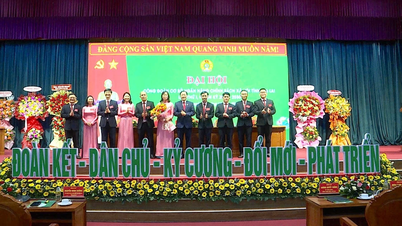
















Comment (0)